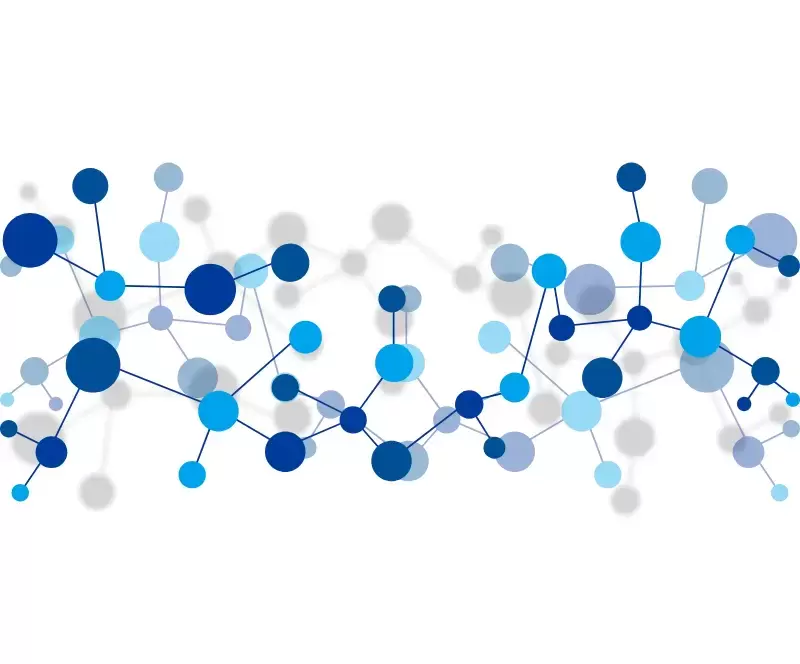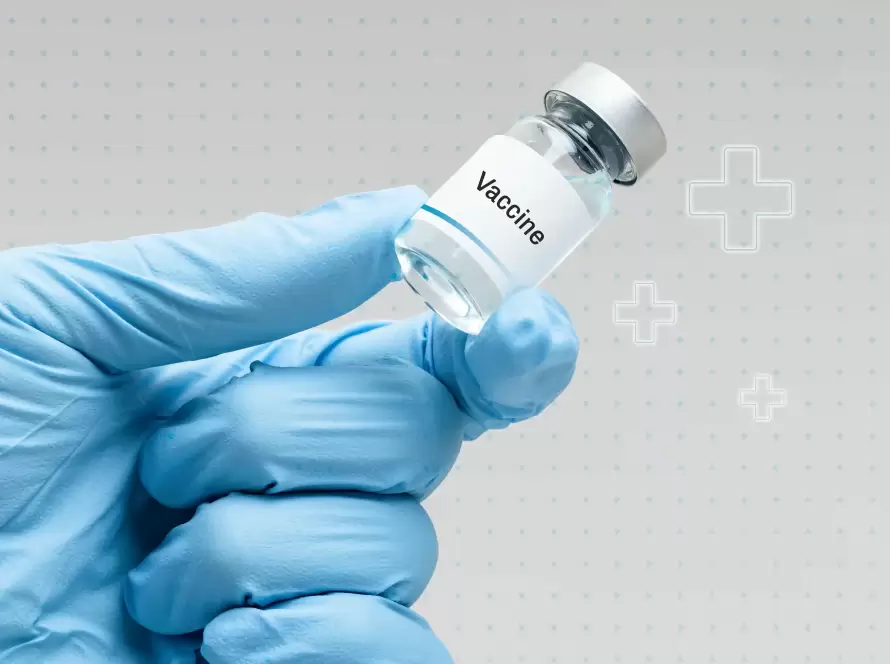Drug development and drug approval process in Europe is subject to stringent laws and guidelines to ensure that the drugs are safe, effective, and of high quality. Pharmaceuticals are evaluated and monitored in the European Union (EU) by the European Medicines Agency (EMA). To manufacture medications in Europe, a manufacturer must first get a manufacturing authorization from the national regulatory body of the country in which the drug will be produced.
Drug approval processes in Europe (EU) authorization is provided once the manufacturer has proven compliance with the EU’s Good Manufacturing Practice (GMP) regulations, which govern the production and quality control of pharmaceutical products. In the Drug approval processes in Europe (EU), manufacturers must also follow a variety of other regulations and guidelines, such as those governing the storage and distribution of medications, product labelling and packaging, and the reporting of adverse occurrences.
Before a drug may be marketed in the EU, it must go through two regulatory procedures. These are the clinical trial application and the marketing authorization application. The European Union has 27 member states; clinical trial applications receive approval at the member state level, whilst marketing authorization applications receive approval at both the member state and centralized levels.
Following are the processes for marketing authorization of drugs:
- Centralized procedure (CP): The centralized approach permits applicants to receive a marketing authorization applicable throughout the EU. All the biotechnology products, orphan drugs, gene therapy or any novel medicine need to apply via centralized procedure only.
- The decision of EMA via centralized procedure is a single permission that is valid in the EU, Iceland, Norway, and Liechtenstein.
- The application is evaluated by the appointed Reviewer and Co-reviewer.
- The EMA opinion is delivered in 210 days to the applicant.
- Mutual Recognition Procedure (MRP): The Mutual Recognition procedure enables applicants to gain marketing permission in member states (Concerned Member State) apart from the member state (Reference Member State) where the medicine has previously been approved.
- The applicant presents an identical dossier, including all relevant information, to each EU member state where authorization is sought.
- When one member state agrees to review the medication (becoming the Reference Member State “RMS”), it notifies the other member states (becoming the Concerned Member States “CMS”), to those where applications have additionally been submitted.
- The generic sector is the primary consumer of this method.
- This procedure could take up to 90 days.
- National Procedure (NP): The National Procedure allows applicants to get a marketing permit in just a single member state.
- In this approach, an application is required to be filed to the Member State’s competent authority.
- Under this procedure, novel active substances that are not required under the centralized procedure are eligible for marketing authorization.
- This process has a 210-day timeline.
- Decentralized procedure: Companies may use this procedure to apply for permission in more than one EU country at the same time for products that have not yet been authorized in any EU country and do not come under the centralized method’s essential pharmaceuticals list.
- Marketing authorization (MA) should be given in accordance with the decision made by the RMS and CMS in this decentralized approach based on the evaluation report prepared by the RMS and every other remarks given by the CMS.
- The duration of this process is 210 days.
One of the rigorous drug approval processes in Europe. The protection of the general public’s health is the main goal of the regulations that control pharmaceutical items in Europe. Public regulatory agencies have the responsibility of ensuring that pharmaceutical manufacturers follow the law. There are laws that mandate the drug development, testing, Clinical trials, and manufacturing of pharmaceuticals in compliance with the standards in order to ensure their safety and the protection of patients’ well-being.


